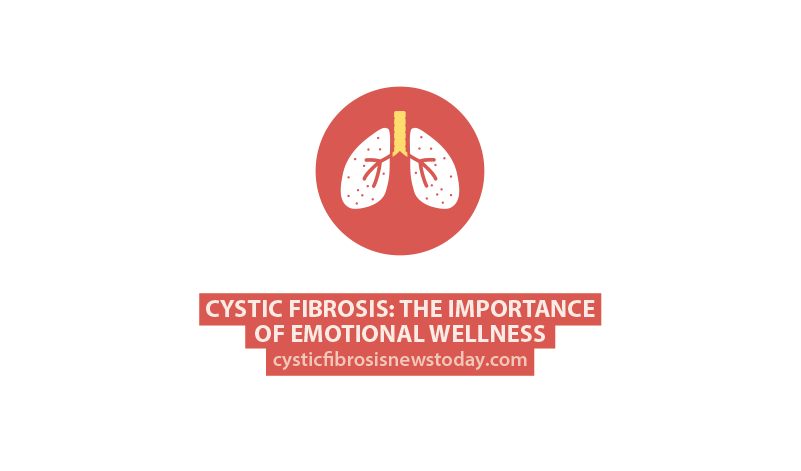14 Cystic Fibrosis Therapies
Written by |


To improve the quality of life and increase lifespan, early detection is paramount. Developing a comprehensive regime of treatment is necessary, along with close monitoring over time. It is best for patients to be treated at CF clinics, which are available in a number of communities.
There are a number of CF therapies which patients may be prescribed for the lungs and also for the digestive tract.
Lung therapies:
There are antibiotics for the prevention and treatment of lung and sinus infections.
1. Inhalers are available to open airways.
2. DNAse enzyme therapy – The mucus of CF patients contains a considerable amount of DNA, which is released from white blood cells as they die. This enzyme cleaves DNA in the mucus, thereby breaking up the mucus in the lungs. The CF patient then becomes able to cough up more mucus, making for a more productive cough. It is available in aerosol form.
3. Breathing in mists of high salt concentrations aids breathing (breaks down mucus).
Lung therapies:
4. Flu and Bacterial vaccines yearly to prevent lung infections.
5. Oxygen therapy.
6. Lung transplant if necessary.
7. Percussion vest or manual chest percussion.
Bowel therapies:
8. CF patients are required to eat a diet high in calories and protein (children and adults).
9. At some point, pancreatic enzymes will need to be taken to aid in digestion and absorption of fats and proteins.
10. Multivitamins are necessary, particularly vitamins A, D, E, and K.
11. Anti-constipation medicine.
Learn more about cystic fibrosis and nutrition here.
Lifestyle changes:
12. Avoid certain chemicals in the air such as tobacco smoke, household chemicals, mold/mildew.
13. Keep hydrated, drink lots of water particularly in hot weather or whilst doing physical activity.
14. Exercise regularly.
Here are 8 other tips to manage your cystic fibrosis.
Cystic Fibrosis News Today is strictly a news and information website about the disease. It does not provide medical advice, diagnosis or treatment. This content is not intended to be a substitute for professional medical advice, diagnosis, or treatment. Always seek the advice of your physician or other qualified health provider with any questions you may have regarding a medical condition. Never disregard professional medical advice or delay in seeking it because of something you have read on this website.






